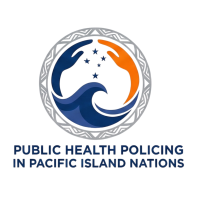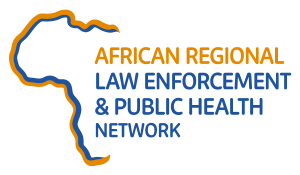
Why rights-based policing responses to pandemics are good for the police and good for policing
Prof. Karl A Roberts, Dr Brendan J Cox, Dr Auke van Dijk and Dr Brandon del Pozo
Introduction:
Much has been written (for a policing audience) about the role of the police during the present pandemic and (for a human rights audience) about protecting human rights during such pandemic. This short paper seeks to bridge these two narratives by highlighting one of the lessons learnt during the COVID-19 pandemic: rights-based responses to policing during a pandemic are good for the police and are good for policing. Human rights and policing are often described as though they are in opposition to each other: that policing inherently threatens our human rights; and that human rights are obstacles to effective policing. Experiences from the COVID-19 pandemic, and other epidemic diseases, exposes this as a false dichotomy. Policing approaches that have been nested in human rights considerations have proven most successful in enabling the police to do their work, in maintaining public trust in the police, and in achieving cooperation in effecting the highest levels of compliance with public health legislation. COVID-19 is a cluster of diseases caused by a novel coronavirus (Sars-CoV-2) that originated in late 2019. Since the disease first appeared, the virus has spread around the world, resulting in many deaths and becoming one of the few truly global pandemics of the modern age. COVID-19 has created unprecedented challenges for governments the world over. A wide range of government responses have followed. These have included border closures, national lockdowns, curfews, vast economic expenditure by many governments, including economic stimuli, and furlough schemes. The job of ensuring compliance with legislation and other public health rules and regulations has fallen to the police. The approaches to law enforcement have been wide-ranging and varied, including everything from strict, even violent, enforcement through to the use of discretion and strategies aimed at persuasion and community engagement. This paper highlights five key lessons from this international experience: 1. Tough approaches that rush to enforcement, punishment and prosecution are not the best way of encouraging compliance; 2. New rules need to be defined clearly and explained effectively and consistently; 3. Policy decisions are needed to prioritise limited resources in order to enable the police to do their work in challenging circumstances; 4. New rules need to be applied equitably, and measures need to be introduced to ensure they do not cause undue harm to poor and marginalised people; and 5. Proper planning is key to ensuring law enforcement responses are effective, justified and proportionate, and that they have legitimacy.






